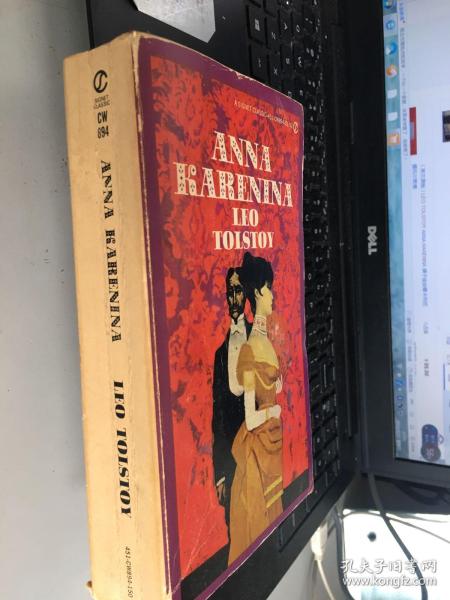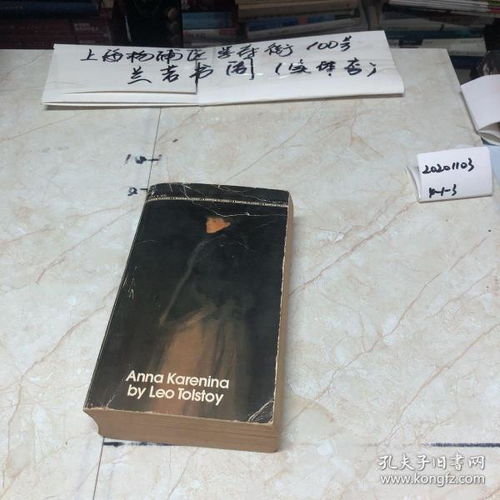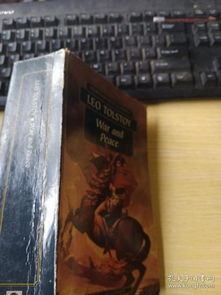
Leo Tolstoy: A Multidimensional Portrait
Leo Tolstoy, a name that resonates with the very essence of Russian literature, was not just a writer but a philosopher, a social critic, and a spiritual seeker. Born on September 9, 1828, in Yasnaya Polyana, Russia, his life and works have left an indelible mark on the world. Let’s delve into the various facets of this remarkable individual.
Early Life and Education

Leo was the fourth son of Count Nikolai Ilyich Tolstoy and Maria Nikolaevna Tolstaya. His childhood was spent in the vast estate of Yasnaya Polyana, where he developed a deep connection with nature. His formal education began at home, tutored by private teachers, and later at the University of Kazan, where he studied law and history.
| Year | Event |
|---|---|
| 1844 | Enrolled in the University of Kazan |
| 1847 | Left the university without a degree |
| 1851 | Joined the army |
| 1854 | Participated in the Crimean War |
After the war, Tolstoy embarked on a journey of self-discovery, exploring various philosophical and religious ideas. He was deeply influenced by the teachings of Jesus Christ and the philosophy of Eastern religions, which would later find their way into his literary works.
Writing Career

Tolstoy’s writing career began with his first novel, “Childhood,” published in 1852. Over the years, he produced some of the most enduring works in world literature, including “War and Peace,” “Anna Karenina,” and “The Death of Ivan Ilyich.” His novels are renowned for their vivid portrayal of Russian society and their profound exploration of human nature.
“War and Peace,” published in 1869, is considered one of the greatest novels ever written. It follows the lives of five aristocratic families during the Napoleonic Wars, offering a panoramic view of Russian society and the impact of historical events on individual lives. The novel is filled with rich characters, intricate plots, and profound insights into the human condition.
Social and Political Views

As a social critic, Tolstoy was deeply concerned with the plight of the poor and the oppressed. He advocated for the abolition of serfdom and the establishment of a just society based on the principles of equality and simplicity. His views often put him at odds with the Russian establishment, leading to numerous conflicts and controversies.
In his later years, Tolstoy became increasingly disillusioned with the church and its teachings. He rejected the concept of divine revelation and embraced a form of Christian anarchism, advocating for a return to the simple, humble life of the early Christians. His spiritual beliefs, which he expressed in his works and personal writings, continue to inspire and challenge readers to this day.
Legacy
Leo Tolstoy’s legacy is a complex one. He is celebrated as one of the greatest novelists in the history of world literature, but his views on religion, politics, and social issues have also sparked intense debate. His works continue to be studied and analyzed, offering valuable insights into the human condition and the complexities of society.
Today, Tolstoy’s influence can be seen in various aspects of culture and society. His novels have been translated into numerous languages and adapted into films, plays, and operas. His ideas on spirituality and social justice continue to inspire activists and thinkers around the world.
In conclusion, Leo Tolstoy was a multifaceted individual whose life and works continue to captivate and challenge us. From his vivid portrayal of Russian society to his profound exploration of human nature, his legacy is a testament to the power of literature to transform and inspire.





